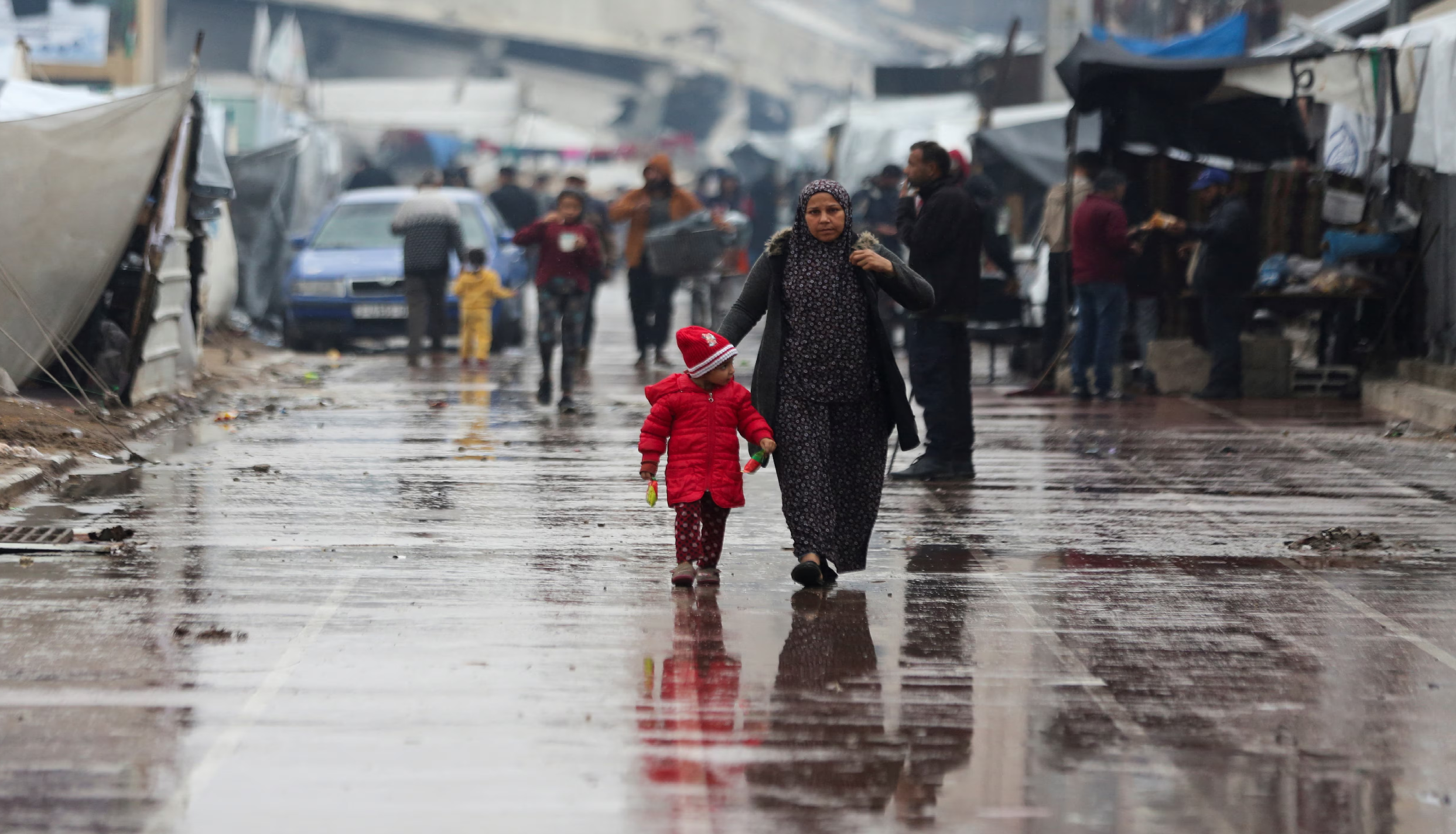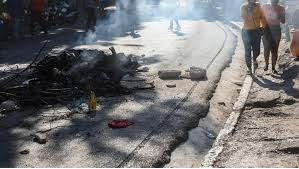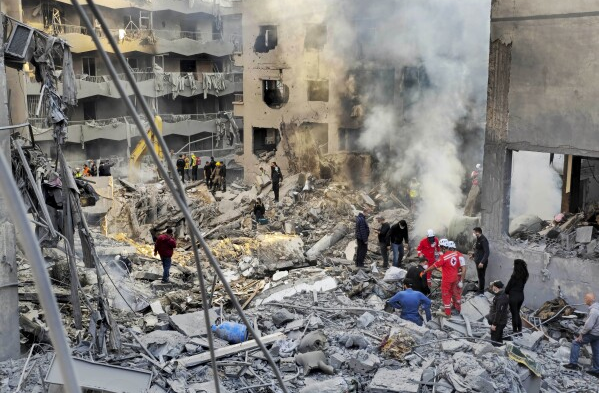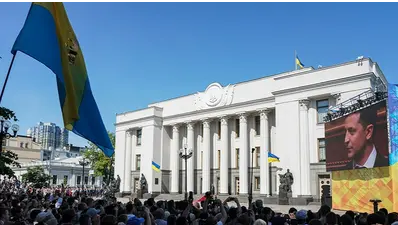
Gaza hospitals face 'catastrophe' as Israel cuts power, water
NT Bureau, Agencies
Tel Aviv, Gaza Strip: The situation in Gaza is "catastrophic " and hospitals are "overwhelmed", the Médecins Sans Frontières (MSF) charity said on Wednesday, warning that the situation will worsen as Israel threatens to cut off water and electricity to the strip amid relentless bombing.
Léo Cans, Jerusalembased MSF head of mission for Palestine, described the Israeli bombardment on the heavily populated strip as "very intense", adding that the number of wounded was "extremely high".
“The situation in Gaza is catastrophic; the hospitals are overwhelmed. The number of wounded is extremely high – there is a constant influx into all the hospitals in the Gaza Strip," Cans said.
"The medical teams are exhausted, working around the clock to treat the wounded."
The war between Israel and the militant group Hamas raged for a fifth day on Wednesday, as Israeli warplanes hammered neighborhoods in the Gaza Strip, reducing buildings to rubble and sending people scrambling for safety.
The war, which has claimed at least 2,200 lives on both sides, is expected to escalate. The Israeli military said more than 1,200 people, including 155 soldiers, have died in Israel since then.
In Gaza, 1,055 people have been killed, including 260 children and 230 women, according to authorities there. The Israeli military dropped 100 bombs on the neighbourhood in two hours on Tuesday night, as people were inside their homes, Palestinian eyewitnesses have said.
"I was in this warehouse, sitting. Ten minutes before the bombing, we left... the neighbours told us the Israeli army told them to evacuate the entire area," said Abu Foad.
He said his neighbourhood was now littered with "corpses in the street". "My home was here - it’s gone. All of it. All the street is gone. It was random bombing."
'It was a massacre'
The continuous bombing from 8pm to 10pm completely destroyed roads leading to the area, leaving emergency workers unable to reach the wounded.
Almost 12 hours later, bodies were still scattered all over the place and the wounded had yet to be evacuated to hospitals.
"It was heinous, indiscriminate bombardment without warning," Abdelaziz Helo, a resident who survived the assault, told Middle East Eye.
"It was a massacre targeting civilians. This is a civilian residential area. There is not even the slightest feature of any military equipment or work here. They did not warn us or send any messages beforehand," Helo said.
Palestinians: Israel using 'white phosphorus' in Gaza
Palestine's foreign ministry has accused Israel of using banned white phosphorus during its bombardment of Gaza.
The incendiary weapon was reportedly used during attacks on the al-Karama complex, a collection of residential towers in north Gaza.
"Israeli warplanes and artillery use internationally #prohibited_white_ phosphorus, destroying #Al_Karama neighborhood in the northwest of Gaza City with a continuous series of airstrikes," the ministry wrote on X on Tuesday night.
"There are casualties and wounded, while ambulances and civil defense vehicles are unable to reach the area due to the intensity of the airstrikes and the destruction of the leading roads," the post continued.
Eyewitnesses told Middle East Eye that they attempted to put out the burning flames of the phosphorus on the ground by trying to put sand on top of it. The use of white phosphorus is banned in heavily populated areas under international law.
Protocol 3 of the UN's Convention on Certain Conventional Weapons "prohibits the use of weapons primarily designed to set fire to objects or cause burn injuries against civilians."
Journalists on the ground reported seeing scenes consistent with past Israeli white phosphorus use in Gaza.
The blood of Gaza is on the West’s hands as much as Israel’s: Columnist
The bloodiest hand in the current slaughter of Palestinians and Israelis belongs not to Hamas or the Netanyahu government, but to the West, writes Jonathan Cook, a British columnist and a freelance journalist formerly based in Nazareth, Israel.
"Yes, Palestinian fighters carried out a brutal attack on Israeli settlements on the edge of Gaza. But this attack did not emerge from nowhere, or without warning. It was not “unprovoked”, as Israel would like us to believe. In fact, western capitals know exactly how much the Palestinians have been provoked, because those same governments have been complicit for decades in supporting Isr
 English daily published in Bengaluru & Doha
English daily published in Bengaluru & Doha






